Research Mentoring to Advance Inclusivity in STEM
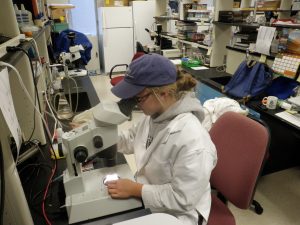
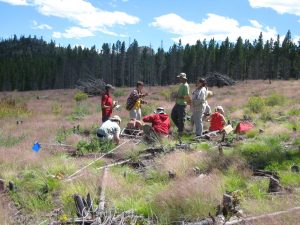
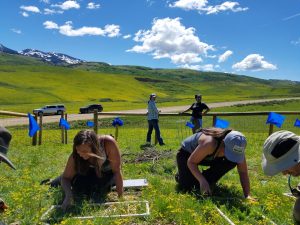
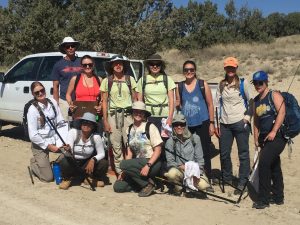
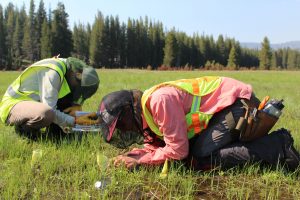
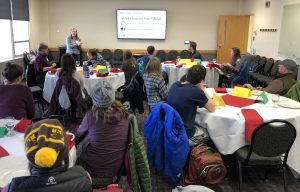
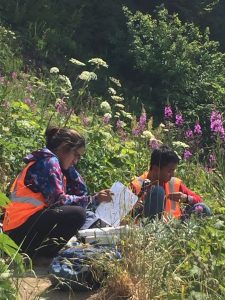
What is RMAIS?
Research Mentoring to Advance Inclusivity in STEM (RMAIS) is a project of the Graduate Degree Program in Ecology (GDPE) and was funded by The Women & Gender Collaborative at Colorado State University (CSU). This initiative is designed to provide enhanced experiences and improve gender inclusivity for undergraduates, graduate students, and faculty engaged in STEM research at CSU. While our focus was on gender and STEM, much of this work also incorporates identity and intersectional identity more broadly.
History of RMAIS.
In 2018 and 2019, GDPE funded small research grants to triads consisting of an undergraduate student, a graduate student RMAIS fellow, and a faculty member. Graduate student fellows developed modules on mentorship at the gender/STEM intersection with feedback from a faculty review panel with experience in mentorship and inclusivity. The modules were implemented and refined through the experiences of the research triads and a summer research seminar for undergraduate and graduate students. In addition to the module development and implementation, RMAIS supported:
- a graduate seminar on inclusivity in STEM,
- a seminar by invited speaker Dr. Corrine Moss-Racusin on “Understanding and Reducing Gender Bias in STEM,”
- a co-hosted Front Range Student Ecology Symposium Keynote speaker, Dr. Jacquelyn Gill on the challenges of women in STEM
- a workshop on the developed mentorship materials at the Front Range Student Ecology Symposium held at CSU
Why is RMAIS needed?
While women comprise approximately 50% of STEM (science, technology, engineering, math) undergraduates, they comprise only about 35% of STEM postdoctoral researchers, thus constraining the percentage of women in advanced career and leadership positions in STEM. Research suggests that early mentorship can improve retention of women in STEM. Moreover, the struggles experienced due to gender inequality are shared by other minoritized groups. Thus, the goal of RMAIS is to develop a mentorship framework and associated materials for students engaged in STEM research at CSU.
How and Who does RMAIS help?
- Individual diversity and inclusivity enhancement (note: it is strongly encouraged that individuals have active discussions about these topics to gain insight from others’ perspectives)
- Lab meetings centered on discussing these topics
- Seminar series focused on mentoring best-practices for improving diversity and inclusivity
What's next for RMAIS?
- Emily Stuchiner, an RMAIS Graduate Fellow, is working with the RMAIS PIs to assess the outcomes and successes of the program.
- Using the models developed here, we hope to secure future funding to support the development of modules that specifically address issues for other minoritized groups and intersectional identities.
- GDPE continues to seek out opportunities to improve inclusivity and diversity such as those epitomized by RMAIS, especially as they intersect with STEM. Watch for future seminars, workshops, and symposia that will utilize and expand upon the RMAIS modules!
- 117 Statistics Building
1801 Campus Delivery
Fort Collins, Colorado 80523-1801 - Telephone: 970-491-1300
- Email: cns_info@colostate.edu
